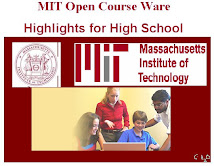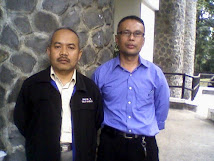Mathematics from MIT


An undergraduate degree in mathematics provides an excellent basis for graduate work in mathematics or computer science, or for employment in such mathematics-related fields as systems analysis, operations research, or actuarial science.
Because the career objectives of undergraduate mathematics majors are so diverse, each undergraduate's program is individually arranged through collaboration between the student and his or her faculty advisor. In general, students are encouraged to explore the various branches of mathematics, both pure and applied.
Undergraduates seriously interested in mathematics are encouraged to elect an upper-level mathematics seminar. This is normally done during the junior year or the first semester of the senior year. The experience gained from active participation in a seminar conducted by a research mathematician is particularly valuable for a student planning to pursue graduate work.
There are three undergraduate programs that lead to the degree Bachelor's of Science in Mathematics: a General Mathematics Option, an Applied Mathematics Option for those who wish to specialize in that aspect of mathematics, and a Theoretical Mathematics Option for those who expect to pursue graduate work in pure mathematics. A fourth undergraduate program leads to the degree Bachelor's of Science in Mathematics with Computer Science; it is intended for students seriously interested in theoretical computer science.
Department of Mathematics links
Visit the MIT Department of Mathematics home page at:
http://www-math.mit.edu/
Review the MIT Department of Mathematics curriculum at:
http://ocw.mit.edu/OcwWeb/web/resources/curriculum/index.htm#18
In addition to courses, supplementary mathematics resources are also available. Various MIT faculty are openly sharing these resources as a service to MIT OCW users. The resources include calculus textbooks by Professors Gilbert Strang and Daniel Kleitman.
http://ocw.mit.edu/OcwWeb/web/resources/supplemental/index.htm
Available Courses
Sumber:
MIT Open Course Ware









